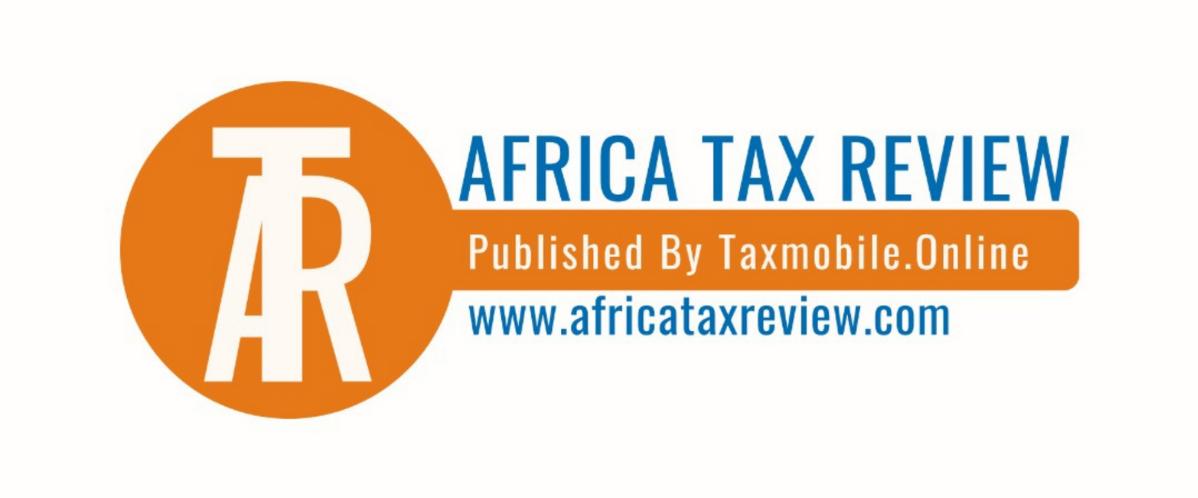
- An international published study points to the need for Egypt to reduce its tax rate
Egypt-Tax Rates are now proven to hinder the growth of companies in the country. This is according to a report recently published by The European Investment Bank (EIB), the European Bank for Reconstruction and Development (EBRD), and the World Bank (WB) titled ‘Unlocking Sustainable Private Sector Growth in the Middle East and North Africa” (MENA).
The report examines restraints on productivity growth and the limited collection of factors of production in MENA’s private sector.
It further stated that about 90% of Egyptian companies that require a loan are credit-constrained compared with 56% in Lebanon and 68% in Jordan.
Both Egypt and Jordan have a higher share of voluntarily autarkic firms than the average country with similar GDP per capita. High autarky rates of around 50% in Egypt, Jordan, the West Bank, and Gaza are offset by the comparatively low rates prevailing in Lebanon, Morocco, and Tunisia.
The report noted that 38% of Tunisians believe that tax rates hinder the growth of their businesses, and 28% of respondents in Jordan also feel the same way.
In addition, GDP per capita has improved by only 0.3% in MENA since the 2010s which compares badly with rates of 1.7% on average in middle-income countries and 2.4% in the developing economies of Europe and Central Asia, the report added.
It also mentioned that the limited growth of formal companies in MENA is a result of contests from informal enterprises. Compared with an average company, firms that do not encounter competition from the informal sector experienced a 0.6% increase, as opposed to the 1.6 percentage point decrease experienced by strained firms.
The constrained firms also have a lower force that lacks many skilled workers and has a lot of temporary workers, compared with the average firm in the sample.

EGYPT-Tax Rates: General Overview of Taxation in Egypt
As a result of the enactment of Tax Law 91 for the year 2005, and its amendment by Presidential Decision No. 96 for the year 2015, the taxation system in Egypt has been transformed. Below is a detailed breakdown of the Egyptian tax system as detailed recently by PwC.
Two major taxes apply in the Egyptian tax:
1. Individual income tax
2. Tax on company profits
Individual Income Tax
The income of natural persons living in Egypt is subject to income tax for a total period of 183 days in the year and the following sources of income are taxable:
1. Income from commercial and industrial activity: This is a tax imposed on the net profit of the business gained as a result of any commercial or industrial activity.
2. Salaries and wages: This type of tax is related to the remuneration, wages, additional benefits, and annuities after the deduction of pension and social insurance deposits.
3. Income from non-commercial activities: This type of tax pertains to the taxpayers working abroad with their main center of practice being in Egypt, and Taxes on any profession or activity not mentioned in the Egyptian Law fall under this category.
4. Income realized from real estate property: This type of tax is deducted on income realized from real estate property including proceeds from the utilization of lands and buildings.
How are these taxes deducted?
The tax rates for the income of the natural persons:
i. The first tranche: Up to 6,500 pounds per year is exempted.
ii. The second tranche: more than 6,500 pounds to 30,000 Egyptian Pounds per year (10%).
iii. The third tranche: more than 30,000 pounds to 45,000 Egyptian Pounds per year (15%).
iv. The fourth tranche: more than 45,000 pounds to 200,000 Egyptian Pounds per year (20%).
v. The fifth tranche: more than 200,000 Egyptian Pounds per year (22.5%).
vi. The net taxes of the year is approximated to the nearest less than 10 Egyptian Pounds while calculating the taxes.
The tax rate for the income of the legal persons:
The assessment of income basis is approximated to the nearest less than 10 Egyptian Pounds and is subject to tax rate (22.5%) from the net annual profits.
EGYPT-Tax Rates: Tax on Company Profits
The tax applied on the dividends:
The assessment of dividends made by capital and partnership companies is subject to tax rate (10%) without any costs deduction, including companies constructed in the economic areas with special nature to the non-resident natural person.
This includes the legal not resident and resident person, including the profits of the not-residents natural persons which it obtains from a permanent facility except for the assessment which is done in the form of free stocks and its tax rate, is (5%), and this without any costs deduction.
Datelines
1. For natural persons: It shall be submitted before the 1st of April of each year following the end of the fiscal year.
2. For legal person: It shall be submitted before the 1st of May or within four months following the fiscal year-end date.
Penalties for violations
- Imprisonment and a fine of not less than 10,000 EGP for registered accountants or auditors for hiding facts that are necessary for the taxpayer or ones that may give a false impression of decreased profits or increased losses.
- Imprisonment for not less than six months and not more than five years in addition to a fine equivalent to the tax that shall be paid or any of the pre-mentioned penalties.
Follow us on Twitter for more update
DISCLAIMER
The information contained herein is general and is not intended, and should not be taken, as legal, accounting or tax advice provided by Taxmobile.Online Inc to the reader. This information remains strictly the opinion of Taxmobile.Online Inc.
The reader also is cautioned that this material may not apply to, or suitable for, the reader’s specific circumstances or needs, and may require consideration of other tax factors if any action is to be contemplated. The reader should contact his or her Tax Advisers before taking any action based on this information.
All rights reserved. No part of this document may be reproduced, retransmitted or otherwise redistributed in any form or by any means, electronic or mechanical, including by photocopying, facsimile transmission, recording, rekeying, or using any information storage and retrieval system, without written permission from Taxmobile.Online Inc.

